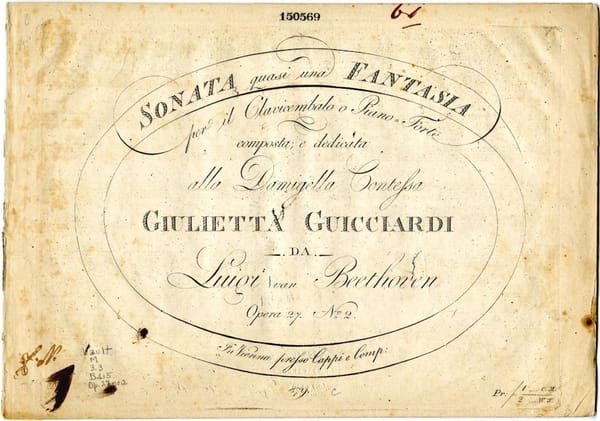Evenings at the Barbican Centre

The London Symphony Orchestra was the first British orchestra, co-owned by its players. It also was the first British orchestra to tour abroad (1906). The Education centre, LSO St. Luke’s inaugurated in the year 2003 continues to inspire all different kinds of music lovers. Resident Orchestra at the Barbican, LSO even holds residencies in New York, Paris and Tokyo.
Performing over 120 concerts every year, LSO has connections with some of the notable musicians across the world – Valery Gergiev, Sir Antonio Pappano, Nikolaj Znaider, Sir John Eliot Gardiner, Sir Mark Elder, Francois-Xavier Roth, Janine Jansen, Anne Sophie Mutter, Mitsuko Uchida, Sir Simon Rattle, Gianandrea Noseda, Daniel Harding, Michael Tilson Thomas, Bernard Haitink, Andre Previn, etc.
16th October 2016
Felix Mendelssohn
Symphony No.2 (Lobgesang) Op 52
Violin Concerto in E Minor Op 64
When I heard that Sir John Eliot Gardiner is going to conduct the Mendelssohn Symphony No.2 in B flat, Op.52 (Lobgesang), I was excited! I had really enjoyed the BBC documentary, Bach: A Passionate Life, which he had put together as a part of BBC’s Baroque Spring Season in the year 2013. This was my opportunity to watch him live.
The delirium written into the movements was well demonstrated by Gardiner. Lobgesang proved to be the limelight of the evening.
The choral section of the symphony gave a taste of different kinds of sounds. The woodwind, brass and the string sections brought in distinct colours. Michael Spyres, with his incredible vocal range and timbre, gave a well- balanced rendition. Lucy Crowe brought forth a nimbleness in her solos. I found her duet with mezzo soprano Jurgita Adamonyte, ‘I waited patiently for the Lord’ most graceful.
The Monteverdi Choir was quite impressive with the dynamics, punctuated with romanticism and a flexible disposition, but overall Gardiner’s interpretation of Mendelssohn was on the euphoric side.
Alina Ibragimova presented an elusive first movement of the E minor Violin Concerto. It was somewhat inward, at the start. The orchestra and Alina Ibragimova added an element of anxiety in the prelude to the slow movement. During the finale, she took command. The array of sounds portrayed by her was backed by a meticulous and a receptive orchestra.
29th November 2016
Pyotr Ilyich Tchaikovsky
Fantasy Overture: Romeo and Juliet
Piano Concerto No1 in B flat minor Op 23
Sergei Prokofiev
Symphony No.6 in E flat minor Op 111
Conductor Thomas Søndergård stepped in when, due to a knee injury, Valery Gergiev, was unable to carry on with the scheduled concert featuring Prokofiev’s Sixth Symphony and Tchaikovsky’s Romeo and Juliet and Piano Concerto No. 1. His debut with LSO left the audience impressed. He definitely prefers fast paced interpretations. The orchestra produced a lucid sound. Details are very important to him as was evident right from the Romeo and Juliet Overture. While the cello came across as bold and precise, the mid-range woodwinds weaved together a beautiful tone and the violin added to the passion laden narrative.
Barry Douglas demonstrated a technical finesse choosing to articulate every chord with care. Here, the conductor responded favourably by demanding an equal urgency and details from the orchestra. The poetic flute solo blending into the piano and pizzicato of the string section deserve special mention.
The solemn mood towards the start of Prokofiev’s sixth was more prominent due to the focus on the tonal clarity of woodwinds. The effect of the woodwinds and brass left quite an impact. In the second movement, the dissonances scripted by Prokofiev stirred up a tension despite restraint on Søndergård’s part. The finale saw the conductor in sync with the composer. The brass soloist and the percussion section delighted profusely. The erratic changes in the tempo did not once deter the conductor’s sense of the poise and balance.





